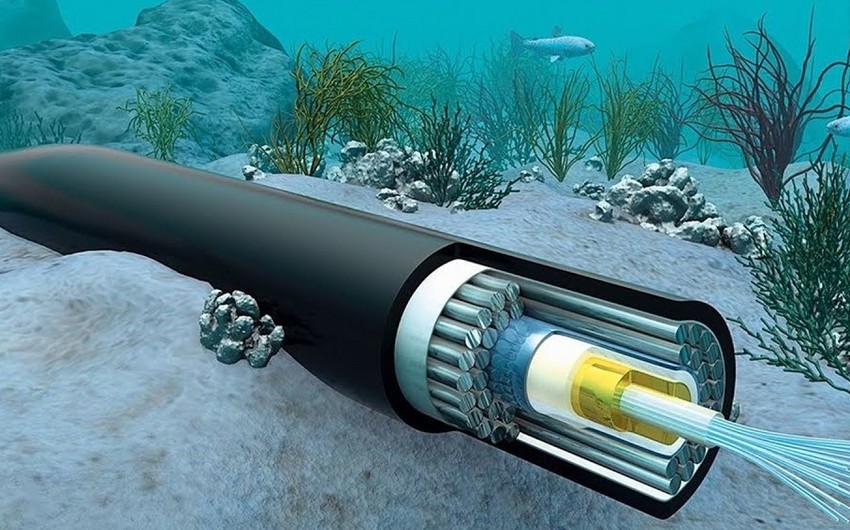WNAM MONITORING: The feasibility study, conducted since 2022, was prepared by the Italian consulting firm CESI at the request of the Georgian State Electrosystem JCS, with support from the World Bank and Georgia’s Ministry of Economy and Sustainable Development.
“According to this study, the Black Sea underwater cable project is not only promising but also technically and economically feasible,” the ministry’s statement highlighted.
The comprehensive study determined the optimal characteristics of the electric cable, calculated construction costs, and conducted an economic analysis of the project. Additionally, it outlined the preliminary route for both land and sea sections of the cable, developed an implementation plan, and crafted a procurement strategy.
Also, a description of the work required for conducting geotechnical, geophysical, ecological, and archaeological studies of the seabed, along with a technical task related to the tender, has been prepared.
Environmental and social impact studies, as well as an assessment of the project’s impact on the seabed, will be conducted in 2025-2026.
In May 2024, a memorandum was signed between Transelectrica and partner operators from participating countries – AzerEnerji (Azerbaijan), Georgian State Electrosystem (Georgia), and MVM (Hungary) – to establish a project company. The new joint venture, whose name is yet to be announced, will have its headquarters in Bucharest, Romania.
The cable is designed to transport green electricity produced in Azerbaijan through Georgia and the Black Sea to Romania, and then on to Hungary and the rest of Europe. The ambitious project is expected to be completed within 3-4 years.
Highlighting the project’s significance, the European Commission plans to allocate €2.3 billion to this initiative.

